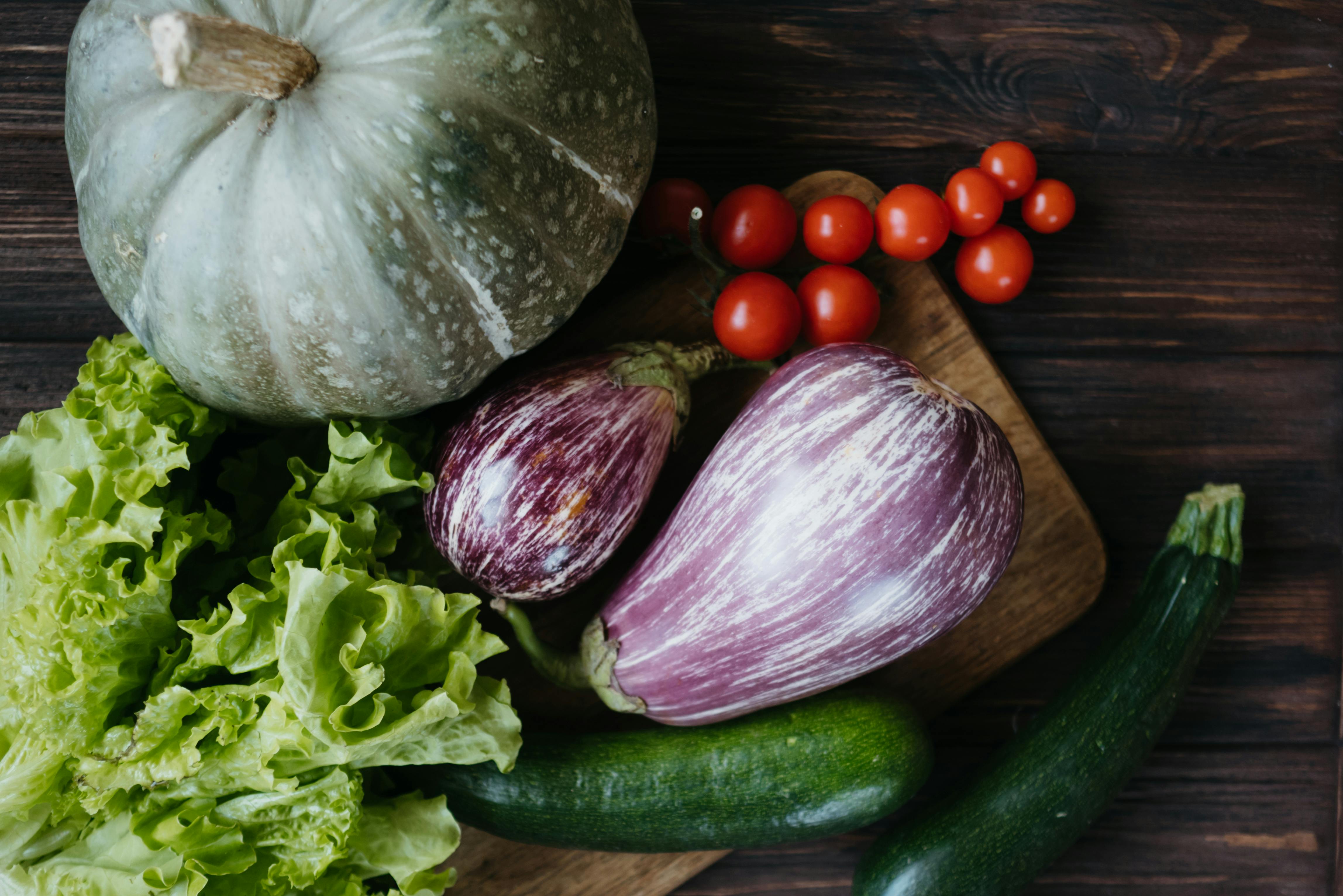
Nutrients are the individual substances that combine to make food and provide us with everything we need to move, grow, and live. They are generally grouped into five categories: proteins, carbohydrates, fats, vitamins, and minerals. Another important substance for nutrition is water.
PROTEIN
Proteins are the builders of the body and maintainers of the body. They help build muscle and create a feeling of fitness. In addition, proteins help make hemoglobin, the blood protein that carries oxygen and removes carbon dioxide from cells. Proteins are part of hormones (which regulate growth and bodily functions), enzymes (which produce chemical changes in the body), and genes (which determine the development of hereditary characteristics). Proteins help form antibodies to fight infection and are a source of energy.
Amino acids, twenty-two of them, are the building blocks of proteins. Eight of them must be obtained from the food consumed daily.
Proteins are called high-quality (adequate) if they provide all eight essential amino acids in adequate amounts. Beef, lamb, pork, poultry, fish, shellfish, eggs, and milk are all high-quality sources.
A low-quality protein has too little of some of the eight essential amino acids. These include vegetables like lentils and greens. Vegetable protein sources are called meat substitutes. Grains, some fruits, and other vegetables also contain some protein. They are usually cheap, plentiful and plentiful.
Many vegetarians manage their protein needs by carefully balancing plant proteins with one another to provide all eight amino acids in adequate amounts. However, most people opt for the simple protein insurance policy of eating plant and animal protein.
Since our bodies cannot store amino acids, we need small amounts of protein daily, preferably at each meal. Nutritionists recommend that protein be included about 15 percent of a day’s caloric intake, or one gram of protein for every kilogram of body weight (0.424 grams per pound of body weight). This is forty-six grams for the average woman and fifty-six for the average man. Most adults in the United States regularly consume eighty to ninety grams per day. The extra protein is simply used for energy.
A typical diet mistake is that we often ignore the caloric cost of protein-rich foods, mistakenly assuming that protein is “slimming.” Six ounces of sirloin steak will give you forty grams of protein, at a cost of 660 calories. Planning, selection, and moderation are important when it comes to including protein in your meals.